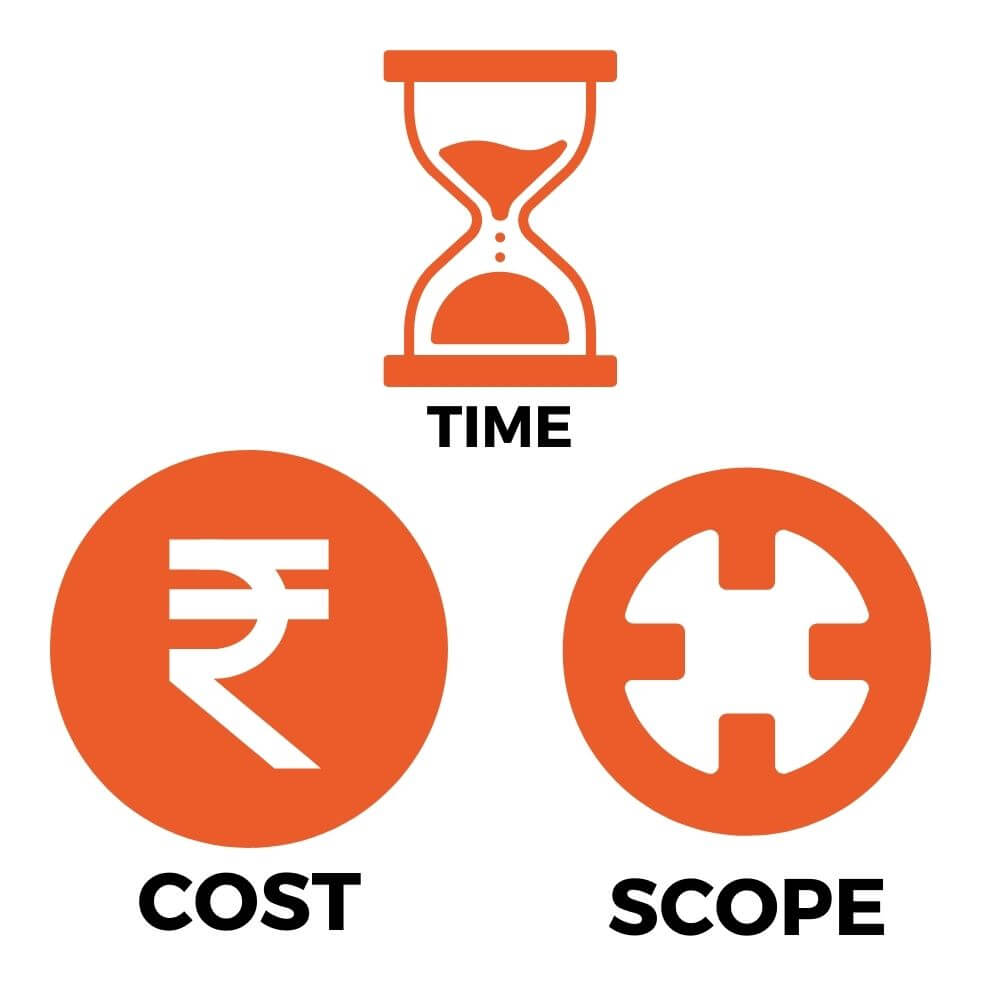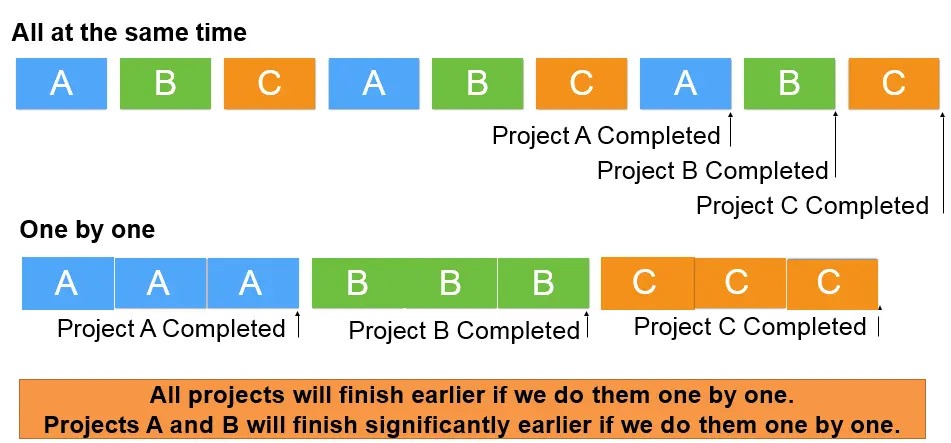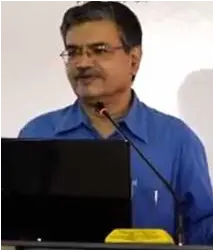Project Managment
Project Management
Most Projects do not finish on time and/or within budget and/or meet the original promised content, be it in construction projects, IT industry, new product development, or any service industry.
Even though projects are diversified, the complaints are the same.
- Usually, original due dates are not met
- There are too many changes
- Too often resources are not available when needed
- Necessary things are not available on-time
- There are fights about priorities between projects
- There are budget-over runs
- There is too much rework
What is the major cause for their existence?
1st Approach: UNCERTAINTY
2nd Approach: THE COMMON PRACTICE OF MANAGING THE PROJECTS
But uncertainty is a fact of life. You can manage it but cannot eliminate it.
So what’s wrong with the way projects are managed today?
Today the project plans are made and executed with the belief that if we complete each task on time, we will finish the project on time. Due to high uncertainty, task times cannot be determined – they can only be estimated.
People know that the project environment is full of uncertainties and the estimates given by them will be treated as commitments, so they embed a lot of safety in their task estimates so as to ensure a high probability of completion on time.
Despite having a lot of embedded safety, most tasks do not get completed within the estimated time. This can be attributed to below two Phenomenons – Student’s Syndrome and Parkinson’s Law.
So what is the right way to manage the projects?
“It is not important to complete each task on time, it is essential to complete the project on time”
Theory of Constraints (TOC) uses the Critical Chain Project Management (CCPM) approach to plan and manage the projects. It looks at a project as a system and not as a collection of tasks.
The Critical Chain is the longest chain of dependent tasks taking into account the critical resource dependencies. Safety is removed from the individual tasks and a buffer is placed at the end of the Critical Chain and at the integration points.
Each resource focuses on one task at a time and finishes it faster before starting the next task.
Critical Chain Project Management ensures the projects are finished on time, within budget, and without compromising on customers’ original specifications.
request for assessment
Though Yagna strongly believes that every company has the potential to earn much more throughput from the existing investment but still it necessarily insists on conducting assessments before embarking on the TOC Implementation journey.
It not only creates a buy-in on the problems and the direction of the solution but also confirms that there is a good enough business case for both the parties to move to the next step of Adoption.











